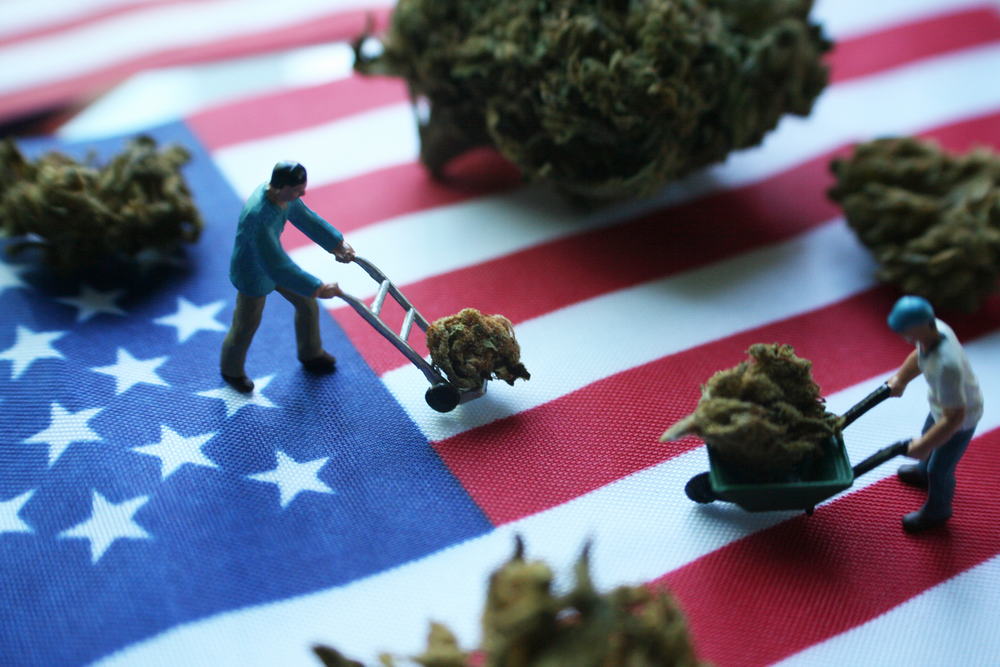At the time of this writing, the 118th congress is officially in session. With the GOP in control of the House, expect its agenda to change. The House already has plans to exercise significantly more oversight than has been exercised in the recent past. Many agencies are in the crosshairs, including the Food and Drug Administration (FDA).
Recent reports out of Washington suggest that the House Oversight and Accountability Committee is getting ready to bring the head of the FDA before the committee to explain why the agency still has not come up with rules for regulating hemp production and distribution.
Hemp was officially legalized by the 2018 Farm Bill. That bill was passed more than four years ago. In the time since the FDA has done nothing at all to regulate the market. It is a virtual Wild West right now – especially where CBD is concerned.
Legal Definitions Make a Difference
The need for some sort of federal regulation is underscored by the ongoing debate over legal marijuana. Both marijuana and hemp are types of cannabis plants. They are so designated under the law based solely on the amount of THC plants contain. By law, any cannabis plant with more than 0.3% THC by volume is classified as marijuana. Plants with less are classified as hemp.
As we all know, marijuana is still illegal under federal law. By extension, so is THC. On the other hand, both hemp and CBD are perfectly legal. So are the more than one hundred cannabinoids (except THC) and terpenes found in cannabis plants. That is where all of this gets sticky.
A Giant Loophole
Federal law does not require hemp producers or processors to test for alternative cannabinoids in their products. They need only test and document CBD and THC. This creates a giant loophole for getting around the marijuana issue. Consider the state of Utah, where medical cannabis is legal but recreational marijuana is not.
According to the experts behind the Utahmarijuana.org website, CBD manufacturers can include alternative cannabinoids like delta-8 and delta-10 without running into legal issues – just as long as the amount of THC stays below the legal threshold. But here is the problem: both delta-8 and delta-10 are isomers of delta-9 THC.
Delta-8 and delta-10 can get a person high just as much as delta-9. The feelings are different and probably not as intense, but they are still present. A person can be intoxicated by either cannabinoid.
The Labeling Issue
The concern over alternative cannabinoids is made worse by the fact that there are no labeling requirements at the federal level. So now, imagine being a consumer interested in buying CBD oil and using it as a health supplement. Imagine buying a product that has delta-8 in it. You have no way of knowing because the label doesn’t mention anything. You take your first dose and end up intoxicated.
A lack of labeling standards is a concern for no other reason than the fact that people don’t know what they are buying. The FDA finds this unacceptable where things like nutritional supplements and food products are concerned. Why do they not see the need to apply the same standard to CBD products?
Congress aims to find out. Expect the House to summon FDA representatives within the next several weeks. Under the pressure of Congressional questioning, expect the FDA to claim they are currently working on a set of rules. Seeing those rules appear by the summer is not out of the question. By this time next year, the hemp industry could be well regulated.

